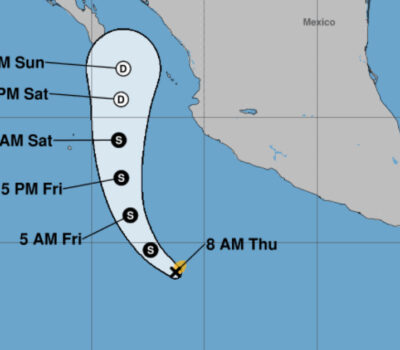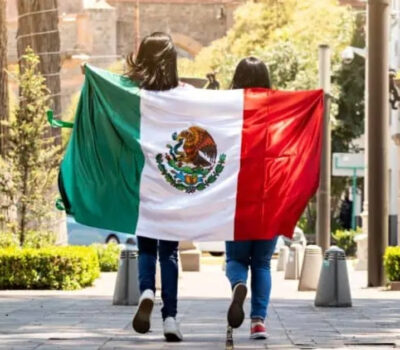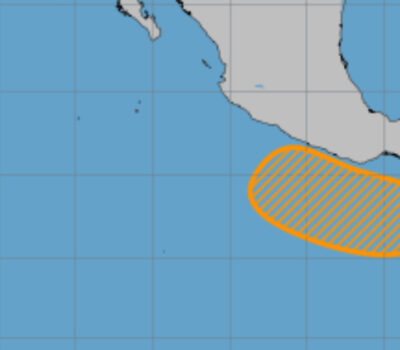Puerto Vallarta, Mexico – The Mexican economy faces a potential contraction of up to 1.5% this year if the 25% tariffs recently imposed by U.S. President Donald Trump remain in place, according to a new analysis by BBVA. The financial institution highlighted that these tariffs, which target both final and intermediate goods, could significantly harm the country’s investment climate and export performance.
BBVA’s analysis underscores that a 10% tariff rate would limit Mexico’s GDP growth to just 1% this year. However, a 25% rate could result in a 1.5% decline in the nation’s GDP, amplified by reduced investment and heightened uncertainty.
“GDP could fall by 1.5% according to our preliminary estimate if a 25% tariff is implemented for most of the year. This calculation assumes a price elasticity of Mexican exports of around 0.67 and is amplified by a significant drop in investment due to high levels of uncertainty,” BBVA stated.
Investment Hit Likely to Double Previous Decline
BBVA noted that the impact on investment alone could slash 1.8 percentage points from GDP growth, doubling the negative effect recorded in 2019 following the controversial cancellation of Mexico City’s new airport project.
Furthermore, BBVA cautioned that such tariffs would not only hurt the Mexican economy but would also have repercussions on the U.S. economy, making prolonged implementation unlikely.
“If the tariffs do not materialize, uncertainty will still dampen investment projects. A permanent 25% tariff would undermine the viability of the US-Mexico-Canada Agreement (USMCA). There can be no talk of free trade when tariffs of this magnitude are imposed on member countries,” BBVA analysts warned.
Trump Enforces Tariffs to Curb Drug Flow
Over the weekend, President Trump, now in his second term, imposed the 25% tariffs on Mexico and Canada while ordering a 10% rate on Chinese imports. The White House justified the move, stating that it was necessary to hold these nations accountable for failing to stop the flow of illegal drugs into the United States.
“The tariff announcement is necessary to hold China, Mexico, and Canada accountable for their promises to stop the flow of poisonous drugs into the United States,” read the statement from the White House.
Currency and Inflation Concerns Rise
BBVA’s report further warned that the exchange rate could spike to 24 pesos per dollar under the current tariff scenario. The institution projected that Banxico, Mexico’s central bank, would likely remain on the sidelines before resuming interest rate cuts by the end of the third quarter.
“Weak demand would offset some of the transmission to inflation, and Banxico would begin to cut rates after a relatively brief pause, under a favorable inflation outlook and rapidly deteriorating economic growth,” BBVA explained.
The analysis serves as a stark warning of the economic challenges Mexico may face in the wake of the escalating trade tensions with its northern neighbor, emphasizing the urgent need for diplomatic resolution to avoid further harm to both economies.
Puerto Vallarta, Mexico - The Mexican economy faces a potential contraction of up to 1.5% this year if the 25% tariffs recently imposed by U.S. President Donald Trump remain in place, according to a new analysis by BBVA. The financial institution highlighted that these tariffs, which target both final and intermediate goods, could significantly harm the country's investment climate and export performance.












